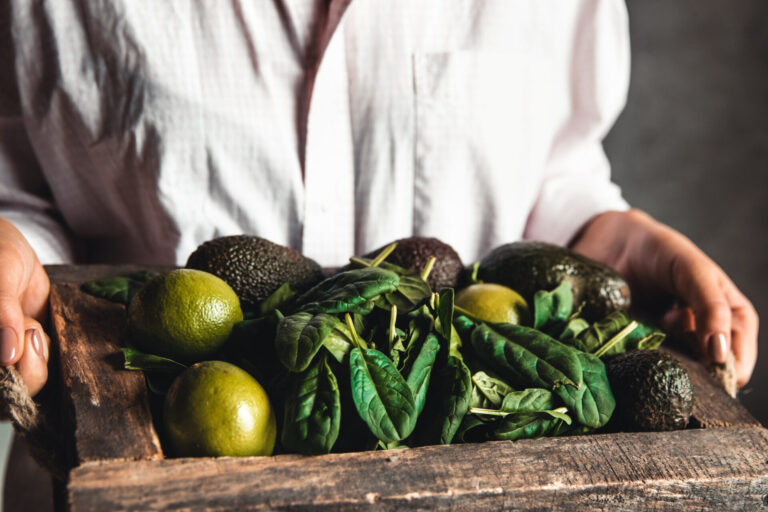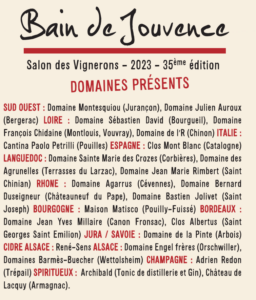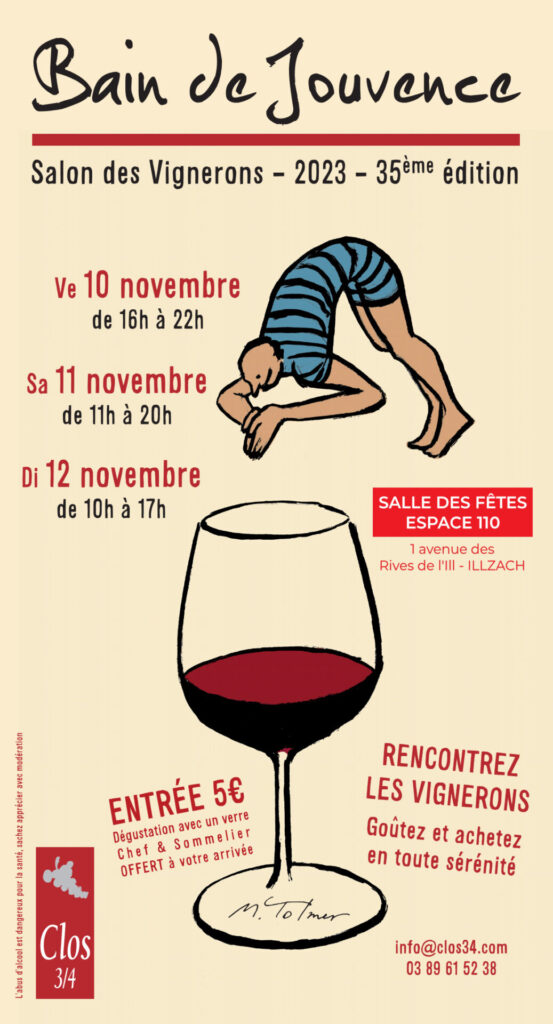
Gastronomy
and Wellness magazine
Celebrate the arrival of spring!
----
Your Easter table like in Alsace!
----
The amusement parks
in Alsace and the Black Forest
Available on newsstands
from April 15, 2025
Guide
Gastronomy
and Well-being
Discover our most beautiful addresses:
restaurants, wine merchants, winemakers,
caterers, culinary shopping and fashion...
ou accéder directement


